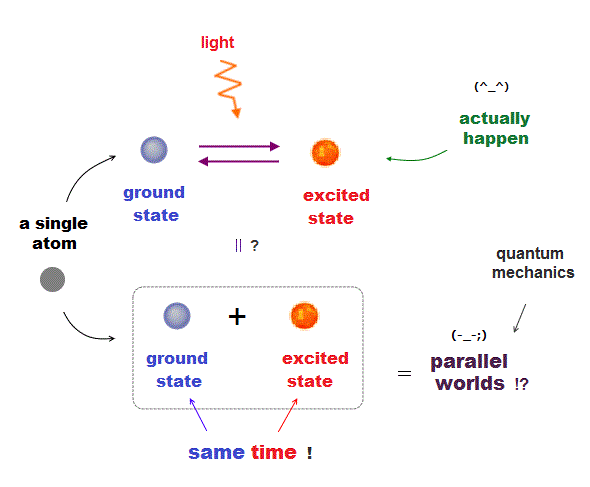
In recognition of his accomplishments, Shor has received numerous awards, including the MacArthur Fellowship, the Nevanlinna Prize (now the IMU Abacus Medal), the Dirac Medal, the King Faisal International Prize in Science, and the BBVA Foundation Frontiers of Knowledge Award. Throughout his career, Shor has made major contributions in theoretical computer science that have driven the field of quantum computing, quantum information science (the study of how information is processed and relayed with respect to the principles of quantum mechanics), and quantum cryptography (a method of encryption that uses properties of quantum mechanics to secure and transmit information). Shor’s solution, along with work by others, set off the beginning of the field of quantum error correction and remains a central ingredient in enabling progressively more complex quantum computations. Scientists therefore believed that practical quantum computing was nearly impossible.īut in 1995, Shor countered this assumption with another algorithm, on quantum error correction, introducing the idea that quantum errors could be isolated and fixed without measuring the qubit itself, thereby leaving the quantum computation intact. While errors in a classical computer can be identified and fixed by measuring individual bits, the act of measuring a qubit in a quantum computer would effectively dissolve its quantum state, and its calculation.

Realizing a practical quantum computer, many believed, was not realistic: Noise in the environment would scramble a quantum system’s delicate superposition states and cause numerous errors in calculations. Shor derived his algorithm in 1994, at a time when quantum computing was largely considered a thought experiment. Shor’s algorithm turned this assumption on its head, proving that such cryptosystems could in theory be cracked, once a large enough system of quantum bits could be built. The hardness of prime factorization is the typical assumption underlying modern security systems. Specifically, Shor showed that such a quantum system could carry out prime factorization of extremely large numbers - a problem that was thought to be unsolvable by state-of-the-art computers. Shor proved such particles could be assembled into a quantum computer, each qubit able to exhibit certain effects while in superposition, to solve some problems much faster than the fastest supercomputer. Only when the particle is observed does it settle into a single state. The algorithm harnesses a fundamental property of quantum mechanics known as “superposition,” which makes it possible for a single particle to occupy two or more states simultaneously. Shor is best known for having derived the eponymous Shor’s algorithm, a groundbreaking work that proved that a system of quantum bits, or “qubits,” could theoretically solve some problems exponentially faster than the most powerful, bit-based classical computers. “Peter’s vision and technical mastery really transformed the field.”
PETER SHOR QUANTUM ERROR CORRECTION CODE
“Peter Shor’s work on quantum computing not only demonstrated that quantum computers as imagined by Richard Feynman could efficiently solve problems that classical computers couldn’t, but also that the whole error-correcting code approach of Claude Shannon in the classical case had a quantum analogue,” says Michel Goemans, the RSA Professor and head of MIT’s Department of Mathematics.

“Moreover,” the citation continues, “Professor Shor’s work demonstrates that quantum computers have the potential to open up new avenues of human thought and endeavor.” The award was announced at today’s faculty meeting. Indeed, quantum computing exists today, in practice, because of Peter Shor.” The Killian Award citation credits Shor, who is the Morss Professor of Applied Mathematics, with having made “seminal contributions that have forever shaped the foundations of quantum computing. Faculty Achievement Award, the highest honor the Institute faculty can bestow upon one of its members each academic year. Shor PhD ’85 has been named the recipient of MIT’s 2022-2023 James R. Renowned mathematician and quantum computing pioneer Peter W.


 0 kommentar(er)
0 kommentar(er)
